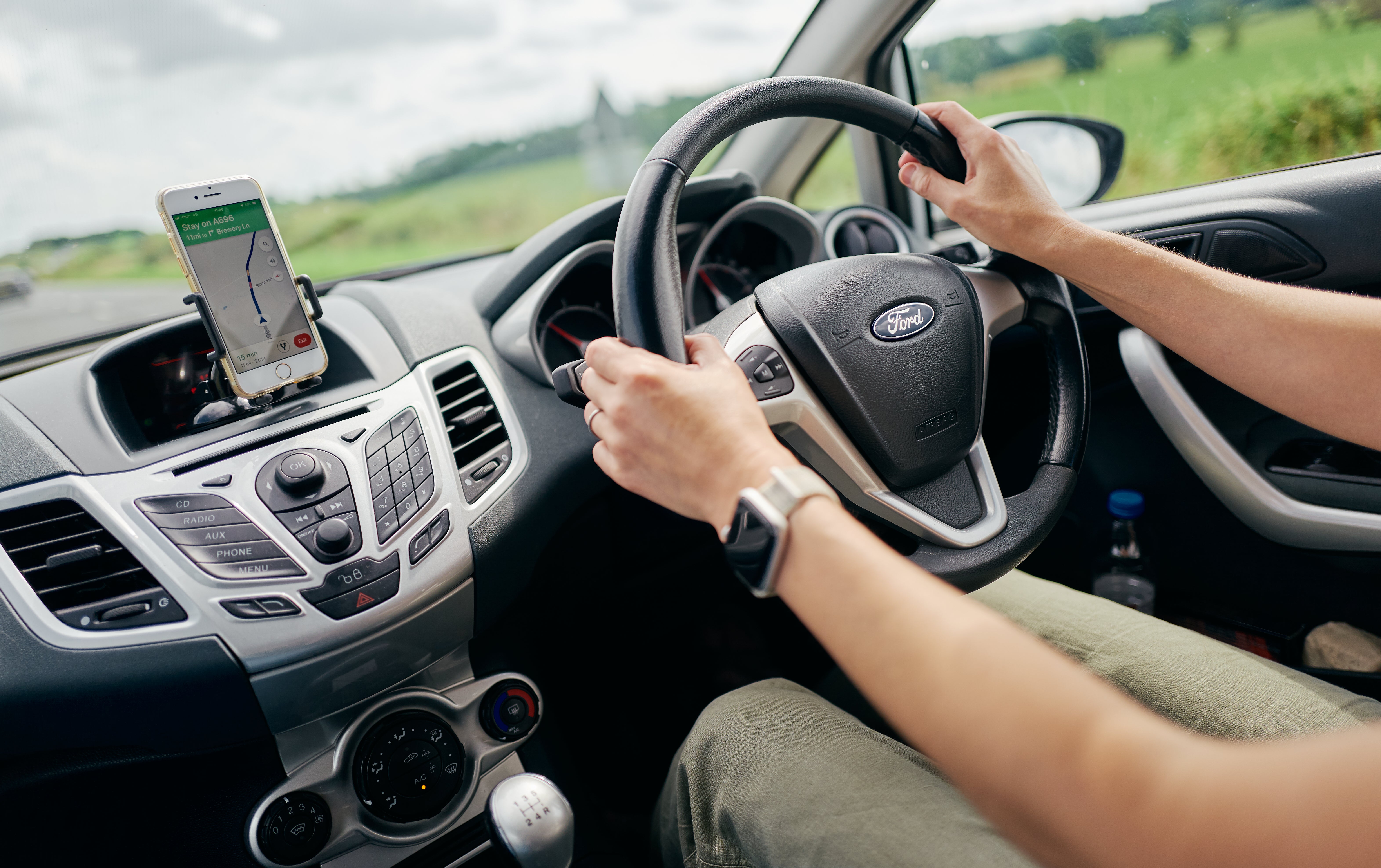Women better than men at operating driverless cars, study finds
Researchers hope the study will inform driverless car design and use and reduce gender inequality in transport

Women are better at operating driverless cars than men, according to a new study.
Researchers at Newcastle University found that women display faster reaction times, more control over the wheel and are better at taking back control of the vehicle when needed.
Dr Shuo Li, an intelligent transport systems expert at Newcastle University, said: “Women often do not realise how good they are at driving, but our results found they actually perform slightly better.”
The emergence of driverless cars allows people to completely disengage from driving and perform other non-driving related tasks, but at times, they may need to retake control over the vehicle.
For the study, 76 participants - 33 women and 43 men - drove a simulator, which mimics retaking control of a driverless vehicle to observe and compare performance.
The simulator gave participants 20 seconds to take back control of the driverless vehicle to spot and avoid crashing into a parked car.
Results found that compared to men, women were less likely to be hasty during takeovers, had slightly faster reaction times and had had a more stable operation of the steering wheel.
On average, women took 2.45 seconds to retake control over the car compared to men who took 2.63 seconds.
For moving out of the way of a parked car, women took an average of 13.52 seconds to notice and change lanes, while men took 13.76 seconds.
Previous studies into driverless cars focused on attitudes and perspectives, with women more likely to be concerned about their use, but research into how different genders use the vehicles is still limited.
The study’s authors say their research could help inform the design and therefore usability of driverless cars, with the lack of such knowledge potentially reducing their benefits.
Professor Roberto Palacin, acting head of Newcastle University’s School of Engineering, said: “Our research can inform software engineers so that the automated vehicle can be adapted for the user, in the same way, that people have different ringtones on their mobile phone, or might prefer to have it in dark mode.
“This could include perhaps your safety needs in terms of reaction times. In the same way, you can change the size of your font on your phone if you don’t see very well, if I was buying a car for my mother, who was 70, then there could be a mode for that.”
The research team added that neglecting the impact of gender could potentially lead to serious issues in terms of transport equality, in turn furthering other forms of gender inequality.
The study was published in the journal Scientific Reports.
Join our commenting forum
Join thought-provoking conversations, follow other Independent readers and see their replies
Comments
Bookmark popover
Removed from bookmarks